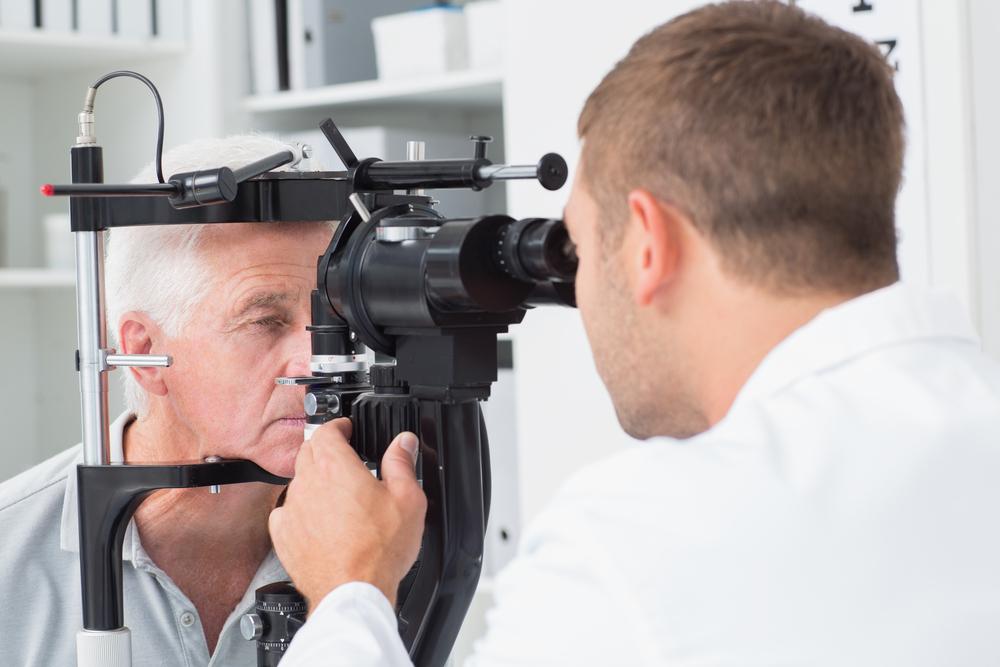Cataract Surgery – Here’s What You Need To Be Aware Of
Cataract surgery – Here’s what you need to be aware of
Cataract is an ophthalmologic condition which causes clouding of the eye lens. For a person suffering from this disorder, having a clouded lens is like looking through a fogged-up glass. This condition takes a while to develop, therefore, it isn’t simple to gauge its symptoms in its early stages. However, as it progresses, it can even make simple tasks difficult.

Preparing for cataract surgery
Before the surgery, the ophthalmologist will ask the patient to do the following things:
- Undergo an ultrasound to measure the shape and size of the eye so that the right type of lens implant can be used.
- Stop taking any types of medicines that can amplify the risk of bleeding during the procedure.
- Use antibiotic eye drops to minimize the possibility of infections.
- Fasting for at least 12 hours before the surgery.
- Arranging for a ride home, as cataract surgeries are considered as an outpatient procedure in most eye care centers.
Cataract surgery
Thankfully, cataract surgery is a brief procedure that doesn’t take more than an hour. In this surgery, the doctor will first use eye drops to dilate the pupils, followed by a dose of local anesthetics to numb the area. Some patients might be given a sedative so that they can loosen up. During the procedure, the ophthalmologist will remove the clouded lens and replace it with a lens implant. However, in some cases, the cataract can be taken out without having to substitute the natural lens of the eyes.
The ophthalmologist can use the following three types of surgical procedures to eliminate cataracts:
- An ultrasound probe to disintegrate the lens so that the fragments can be suctioned out and replaced with an artificial lens.
- Laser method to soften the cataract lens, so that it can be removed easily.
- Extracapsular cataract extraction, a method in which the ophthalmologist makes a larger incision to remove the cataract. This procedure is used if a particular case involves specific complications.
It takes approximately 8 weeks to completely recover from the cataract surgery. Usually, patients might experience side-effects such as mild itching and discomfort in the eye. To deal with these and prevent infection or inflammation, the ophthalmologist might prescribe eye drops and suggest wearing an eye patch. However, if the patient experiences loss of vision, excruciating pain that can’t be dealt with painkillers, increased eye redness, or light flashes, they should immediately contact or visit the eye care center.
Eye insurance for cataract surgery
The rough estimate charged by an eye care center for a cataract surgery is around $3500 for every eye. Likewise, laser cataract surgery can be comparatively pricier. However, if an expensive procedure is right for the patient, they shouldn’t skimp on it by choosing a cheaper alternative.
Cataract surgeries are covered by health insurance programs like Medicare and other private providers. However, typically, most plans only cover the basic types of cataract procedures and may not extend their services for surgeries using state-of-the-art technology. Similarly, comprehensive eye exams, anesthesiologist’s fees, prescription eyeglasses, and follow-up checkups outside the standard 90-day window for postoperative care may not be covered by the insurer. It is advisable to check with your healthcare provider for the same.

